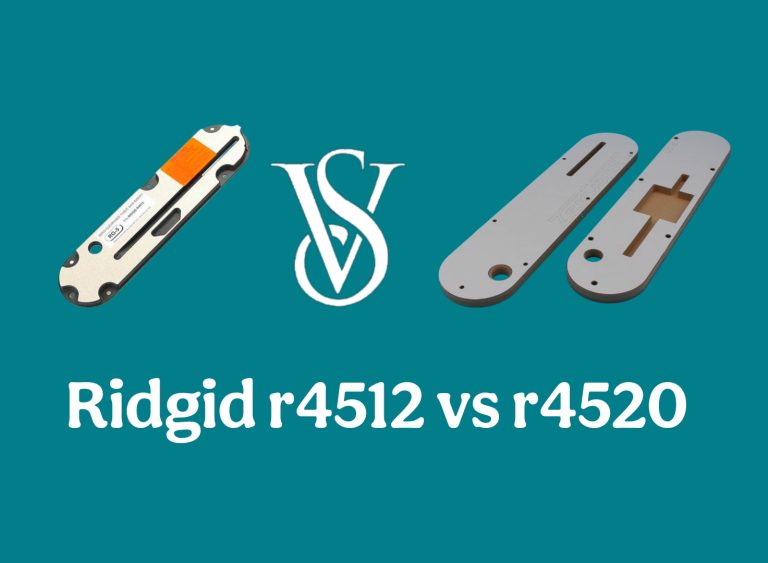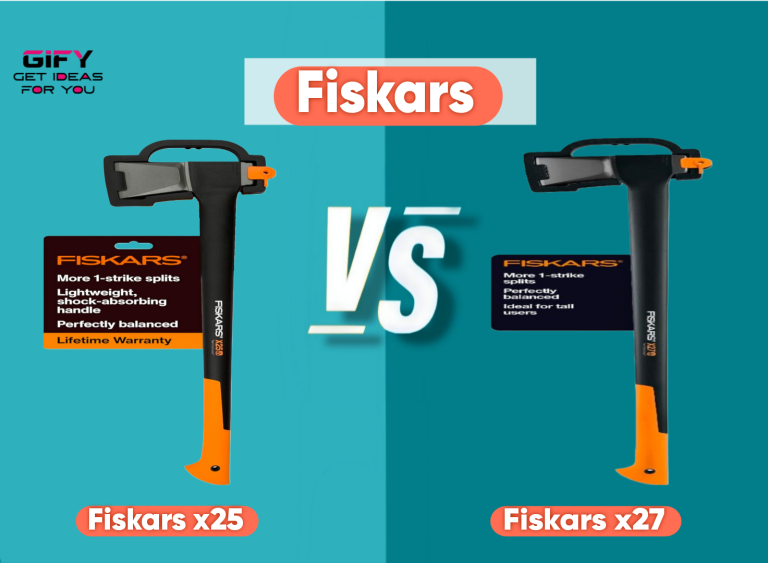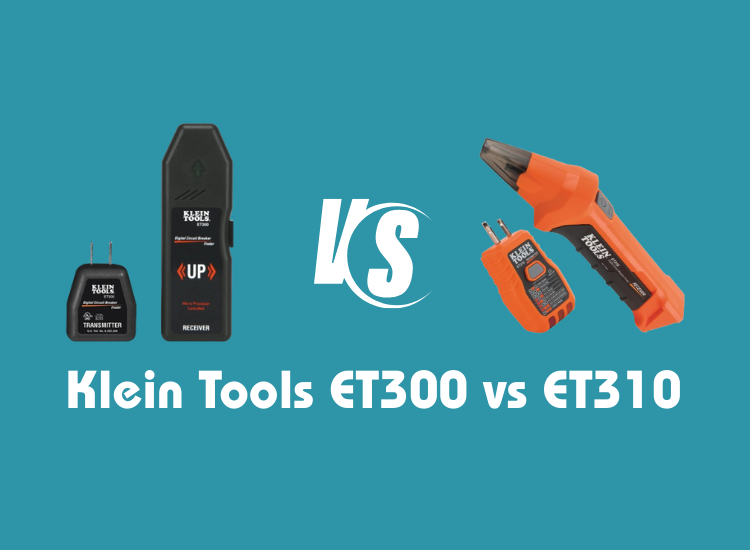Ryobi P108 vs P197 stands as a hot topic for DIYers and professionals who want dependable cordless tool batteries. Both belong to Ryobi’s popular ONE+ lineup, making them compatible with a wide range of power tools.
The P108 is known for its higher capacity, delivering longer run times that suit demanding projects. The P197, on the other hand, offers a slightly smaller capacity but comes with a lighter build that appeals to those who prefer comfort during extended use.
Battery choice often decides how efficient a project becomes, so understanding the differences can save time and frustration. The P108 caters to users who run heavy-duty tools such as circular saws or reciprocating saws, while the P197 works well for tasks like drilling, fastening, or trimming. Each has its advantages in terms of weight, performance, and price, which makes a direct comparison essential before buying.
This head-to-head breakdown highlights not just specifications but also real-world use, so readers can see how these batteries perform outside of technical charts. With the right information, every tool owner can invest in a battery that matches their workload and helps them get the most from Ryobi’s versatile ONE+ system.
Ryobi P108 vs P197: Lithium Battery
Ryobi P108 vs P197 is a common comparison among tool owners who use the Ryobi ONE+ system.
Both are 18V lithium-ion batteries, but they differ in capacity, weight, and design. A closer look at each helps decide which battery matches your needs. Let’s start with the P108.
Ryobi P108: Lithium Battery ONE+
Product Details
The Ryobi P108 comes with an 18V lithium-ion build and a 3600mAh capacity. It often arrives in a pack of two batteries. The battery works with all Ryobi 18V ONE+ tools and original chargers, giving wide compatibility. It also includes a power indicator for easy monitoring. Built-in safety circuits keep performance stable and safe during use.
Features
– 18V lithium-ion battery type
– 3600mAh upgraded capacity
– Works with all Ryobi 18V ONE+ tools
– Impact-resistant design
– Power indicator included
– Circuit protection for safety
– 30-day money back and 12-month warranty
What is the good?
The P108 offers strong run time compared to older models. It handles heavy tools without draining too quickly. The power indicator is useful, especially during longer projects. Its durability in tough conditions makes it reliable for outdoor and indoor work. Wide compatibility also adds value, since it fits many Ryobi tools.
What is the bad?
The battery feels heavier than smaller models. This may cause hand fatigue during longer tasks. Some users may find the price higher, especially if they need multiple packs. Charging fully before use can also feel like an extra step after purchase.
Overall Opinion
The Ryobi P108 is a solid choice for anyone who needs longer run time. It suits heavy-duty tools and bigger projects. While it carries more weight, the power and durability balance this drawback. For users who want reliable performance, it is a smart pick.
Ryobi P197: Lithium Ion
Product Details
The Ryobi P197 is an 18V lithium-ion battery with a 4.0Ah capacity. It includes a 4-stage charge status indicator to show battery life clearly. It works with Ryobi dual chemistry chargers, which are sold separately. Like other Ryobi batteries, it fits all Ryobi 18V ONE+ tools.
Features
– 18V operational voltage
– 4.0Ah high charge capacity
– 4-stage charge status indicator
– Works with Ryobi 18V dual chemistry chargers
– Compatible with all Ryobi ONE+ tools
What is the good?
The P197 delivers more capacity than many older models. It gives longer use on a single charge, which saves time. The 4-stage charge indicator is easy to read and accurate. It is also lighter than some larger-capacity batteries, which helps reduce strain.
What is the bad?
The P197 usually costs more than basic batteries. It may not last as long under extreme conditions as the P108. It also requires the right charger, which some users may need to buy separately.
Overall Opinion
The Ryobi P197 is a strong option for medium to heavy use. It works well with most tools in the ONE+ system. Its lighter weight and clear indicator make it user-friendly. It may not be as tough as the P108, but it offers a good balance of comfort and power.
Details Comparison: Ryobi p108 vs p197
The Ryobi P108 and P197 both run at 18V and fit all ONE+ tools. The P108 has a 3600mAh capacity, while the P197 offers 4.0Ah, which means the P197 can last a bit longer. The P108 is designed to handle tough conditions and has a strong build, while the P197 focuses more on comfort and an easy-to-read charge display. The P108 may feel heavier, while the P197 is lighter for longer use. Both serve well, but the right choice depends on whether you value durability or lighter handling.
FAQs
Do both batteries fit all Ryobi ONE+ tools?
Yes, both P108 and P197 are compatible with the Ryobi ONE+ system.
Which battery lasts longer?
The P197 with 4.0Ah capacity usually lasts longer than the P108 with 3600mAh capacity.
Is the P108 heavier than the P197?
Yes, the P108 feels heavier compared to the P197, which makes the P197 more comfortable for long use.
Do I need a special charger for these batteries?
Both work with Ryobi 18V chargers. The P197 pairs best with Ryobi dual chemistry chargers.
Conclusion
The Ryobi P108 vs P197 debate comes down to power needs and comfort. The P108 delivers tough performance and strong durability, making it perfect for heavy projects. The P197 gives longer run time with a lighter build and easy charge display, which suits everyday tasks. Both are good batteries, but the better choice depends on your tools and workload.









